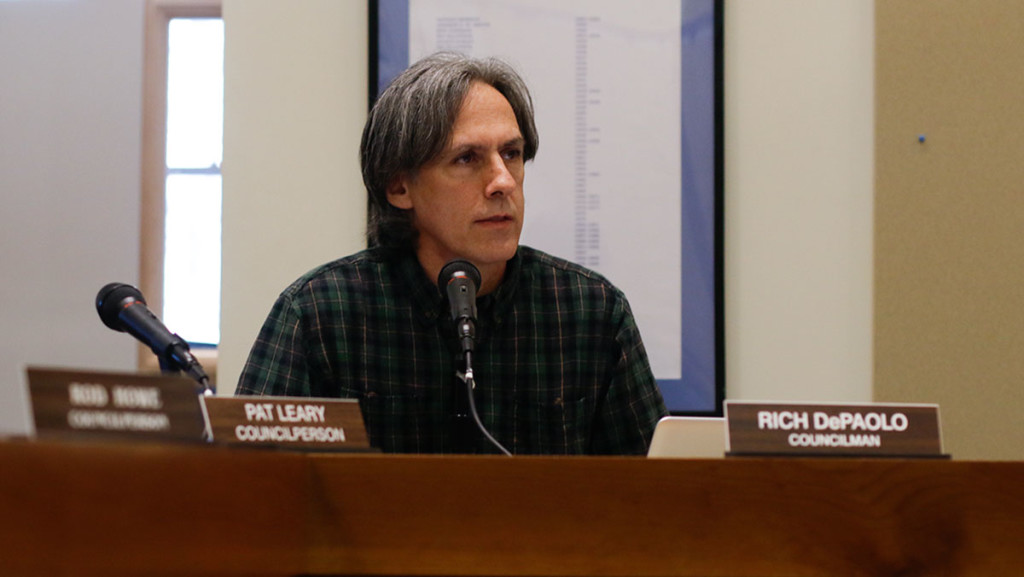The Town of Ithaca Planning Committee moved to suggest a temporary moratorium on duplex construction to the Town Board on Feb. 18.
The committee discussed the moratorium — a temporary halt on construction — of all future duplexes, which have been recognized as going against intended zoning laws. The committee decided to continue the conversation with the Town Board, where the proposal will potentially be finalized.
Members of the committee said these duplexes have been increasingly occupied by Ithaca College and Cornell University students in recent years, which they said has resulted in a lack of neighborhood character.
Richard DePaolo, chair of the planning committee, said the moratorium would last a minimum of six months and would not exceed a year. During this period, he said, the committee will conduct extensive research on ways to amend the current zoning laws and will continue to be as receptive as possible to the needs of the town.
DePaolo said current building codes in the town are not meant to support the construction of duplexes. The codes — which he said have not been updated since the late 1960s — detail only vague conditions that a group of people must meet to legally be considered a family. Therefore, they are susceptible to various loopholes.
“Right now, there is a concerning pattern emerging in the town where builders will acquire properties and convert them to dwellings that somehow fit through the loopholes in our code,” he said. “So we end up with over-occupancy issues. We end up with this sort of monoculture housing where all the homes look the same.”
Bruce Bates, director of code enforcement, said renters are capitalizing on these loopholes to house numbers of individuals beyond the intended limits and familial stipulations. According to current zoning laws, he said, a family is defined as two or more people related by blood or relying on one income. However, extraordinary conditions exist — which he said are not clearly delineated — in which unrelated individuals can legally live with a family.
“We get complaints all the time in regards to over-occupancy,” he said. “We have Pennsylvania Avenue that used to be residential years ago, and now it’s all converted to student-type housing. … [The moratorium] is going to give the town time to decide: How far do we want this to expand?”
The committee also acknowledged the large population of students who currently live in these homes and said it is currently considering the enforcement of a rental registry for landowners, to keep track of occupancy numbers in both existing and future residences. However, DePaolo said it is in the best interest of the town to keep the impact on current residents as minimal as possible.
Despite the proposed halt to duplex construction, the committee made clear it is still supportive of builders looking to expand other types of rental housing.
“We understand we live in a college town. We understand there is going to be a high percentage of renters,” DePaolo said. “So I don’t think we’re trying to close rental opportunities.”
The Town Board will meet throughout March, during which time it will continue the conversation and possibly issue a final vote to move forward with the moratorium.








